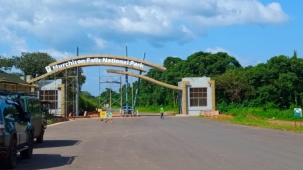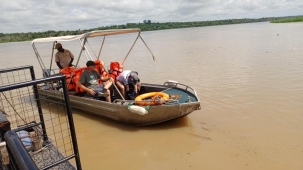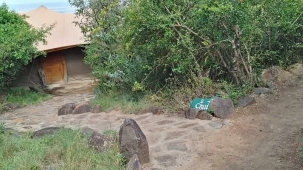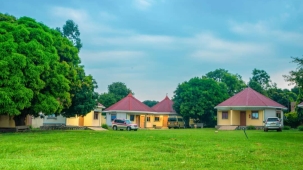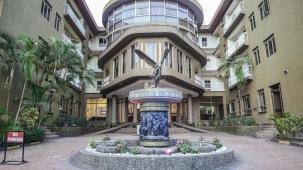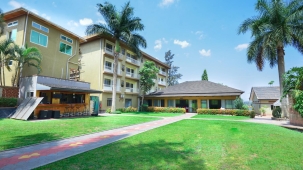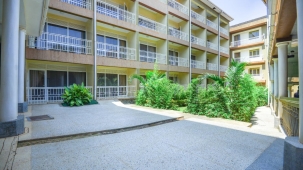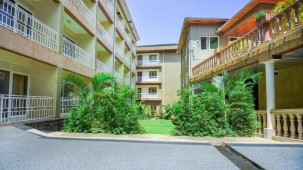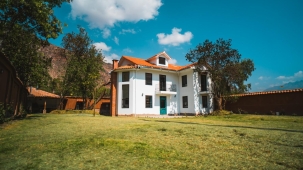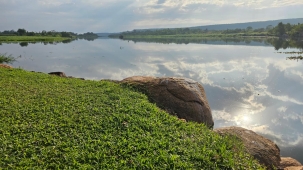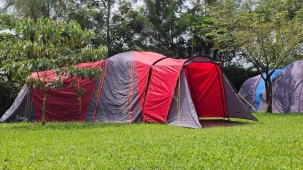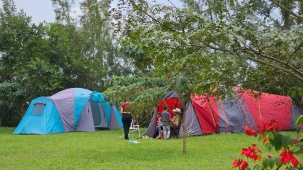Plot of land
 6
6
 6
6
 36
36
 22
22
 3
3
 22
22
We provide Hotel, Conference, Restaurant, Accommodation, etc
 3
3
 16
16
 15
15
 5
5
- total square: 26 m²
 6
6
- total square: 26 m²
 5
5
Buying or Selling a Plot of Land: Key Considerations
1. Local Laws and Ownership Restrictions
Ownership vs. Long-Term Rental
In some countries, foreigners are restricted from owning land outright. Instead, they may be limited to long-term leases or other forms of tenure:
- Thailand: Foreigners cannot own land directly but can lease land for up to 30 years or own buildings on the land.
- Kazakhstan: Foreign individuals and entities are prohibited from owning agricultural land, although urban property may be permissible.
- Indonesia: Land ownership by foreigners is restricted to long-term leases (Hak Pakai) of up to 80 years.
Property Titles and Legal Verification
Ensure the land title is legitimate and reflects the correct ownership:
- Verify the title deed with local land authorities.
- Check for liens, mortgages, or disputes on the property.
- Consult a local lawyer to navigate legal nuances.
2. Access to Utilities and Infrastructure
Electricity
- Verify proximity to the nearest power grid.
- Assess costs for extending electricity lines, if necessary.
- Consider renewable energy options like solar power.
Water
- Confirm availability of municipal water connections.
- Investigate the need for a well or alternative water sources.
- Check water quality for suitability.
Natural Gas
- Determine connection to a natural gas network or alternative sources.
- Evaluate costs for gas grid expansion, if required.
3. Zoning and Land Use Regulations
Zoning in the USA
- Understand whether the land is classified as residential, commercial, industrial, or agricultural.
- Ensure intended use aligns with zoning designation.
- Request variances if necessary, though approval is not guaranteed.
Protected Areas
- Brazil: Lands in the Amazon basin may be subject to conservation laws.
- Australia: Coastal and heritage sites often have restrictions on development.
Cultural or Historical Restrictions
- Italy: Rural properties may have architectural preservation rules.
- India: Land near archaeological sites may have strict construction limits.
4. Special Considerations for Foreign Buyers
Research Local Taxes
Understand the tax implications, including property tax, stamp duty, and capital gains tax.
Legal Representation
Engage a local attorney or real estate professional familiar with the area’s laws.
Government Approvals
Some countries require foreign buyers to obtain special permissions:
- India: Non-residents must prove residency to purchase agricultural land.
- Vietnam: Foreigners can lease land for up to 50 years but need approval for extensions.
5. Environmental and Development Factors
Soil and Land Quality
- Check soil fertility for agriculture.
- Ensure stability for building foundations.
Flood and Natural Disaster Risks
- Review local flood maps and disaster risk zones.
- Consider insurance costs for high-risk areas.
6. Resale and Future Development Potential
Market Trends
Analyze local real estate market trends for future appreciation potential.
Access to Key Amenities
Proximity to schools, hospitals, shopping centers, and transport hubs can significantly affect land value.
Development Permissions
Ensure future development plans comply with local building codes and regulations.
Conclusion
Buying or selling a plot of land involves careful consideration of legal, practical, and regulatory factors. Whether dealing with ownership restrictions, zoning laws, or utility challenges, research and planning are critical. Consult local experts, verify all documentation, and assess future development potential to make informed decisions.






